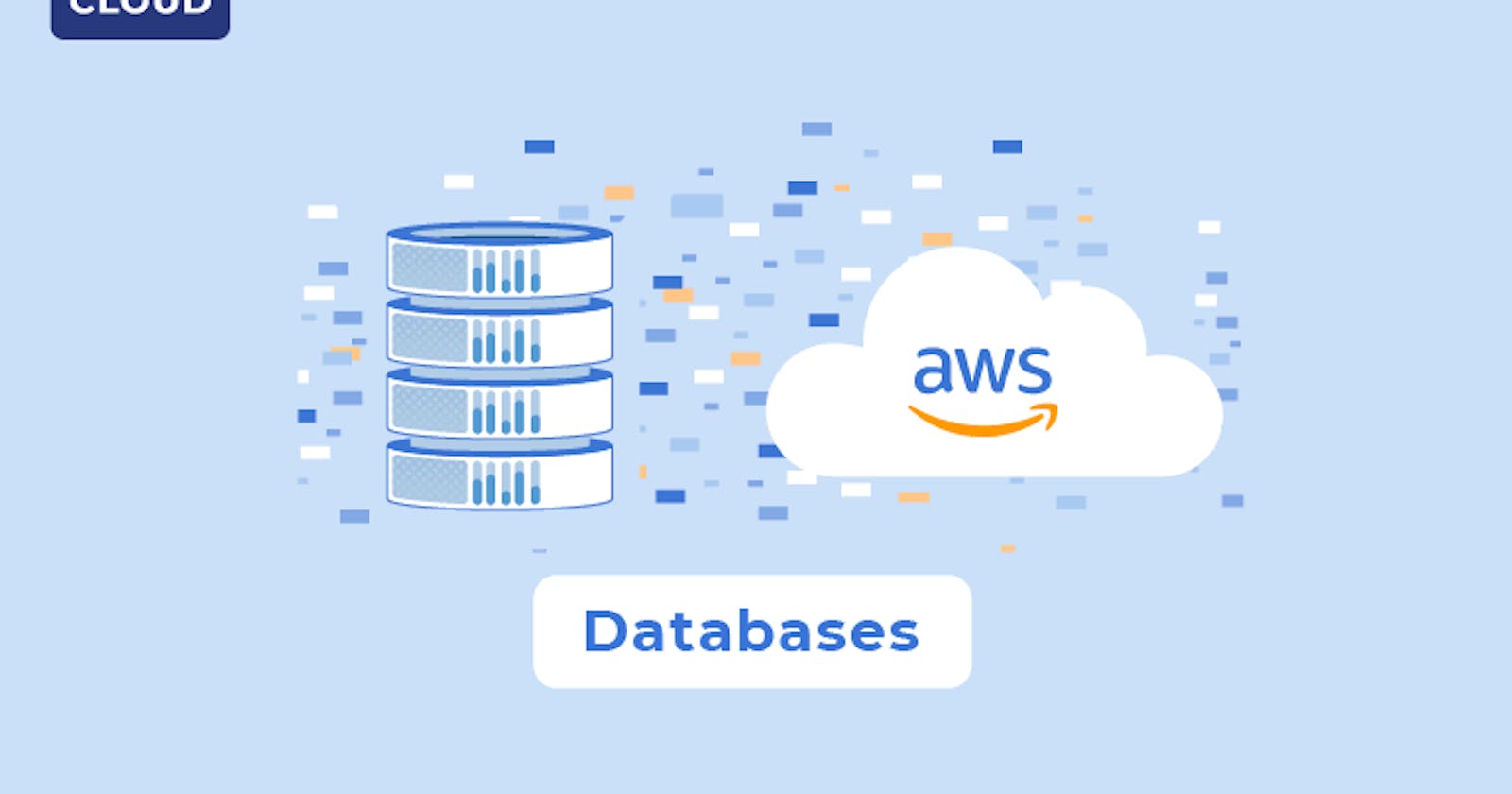Exploring AWS Database Solutions: Use Cases and Pros/Cons
Amazon Web Services (AWS) offers a variety of database solutions to cater to the diverse needs of businesses and applications. From traditional relational databases to NoSQL and managed services, AWS provides a comprehensive suite of offerings. In this article, we will delve into some of the key AWS database solutions, exploring their use cases and contrasting their pros and cons.
Amazon RDS (Relational Database Service)
Overview
Amazon RDS is a fully managed relational database service that supports multiple database engines, including MySQL, PostgreSQL, MariaDB, Oracle, and Microsoft SQL Server.
Use Cases
Web Applications: RDS is commonly used for web applications that require a relational database backend. Its ease of use and automated backups make it an attractive choice.
Business Applications: RDS is suitable for business applications such as Enterprise Resource Planning (ERP) systems and Customer Relationship Management (CRM) systems.
Data Warehousing: RDS is used for data warehousing applications, providing a scalable and managed infrastructure for analytical queries.
Pros
Managed Service: RDS automates routine database tasks such as backups, patch management, and scaling, reducing administrative overhead.
Multi-AZ Deployments: RDS supports Multi-AZ deployments for high availability, automatically replicating databases across different Availability Zones.
Multiple Database Engine Support: RDS provides flexibility by supporting various database engines, allowing users to choose the one that best fits their application requirements.
Cons
Limited Control: While the managed nature of RDS is a pro, it can also be a con for users who require more control over database configurations and settings.
Cost: RDS can be more expensive compared to self-managed databases on EC2 instances, especially for large-scale applications.
Amazon DynamoDB
Overview
Amazon DynamoDB is a fully managed NoSQL database service designed for high-performance applications that require seamless scalability.
Use Cases
Scalable Web Applications: DynamoDB is ideal for web applications with rapidly changing workloads, providing seamless and automatic scaling.
Real-time Mobile and Gaming Applications: DynamoDB supports low-latency access to data, making it suitable for real-time mobile and gaming applications.
Internet of Things (IoT): DynamoDB can handle the high volume and velocity of data generated by IoT devices.
Pros
Scalability: DynamoDB scales horizontally with automatic partitioning, providing consistent, single-digit millisecond latency.
Managed Service: Like RDS, DynamoDB is a fully managed service, reducing administrative overhead and allowing developers to focus on application development.
NoSQL Flexibility: DynamoDB's schema-less design allows for flexible data models, making it suitable for evolving application requirements.
Cons
Cost: While DynamoDB offers a free tier, the pricing can escalate based on provisioned throughput and storage requirements.
Complex Queries: DynamoDB is optimized for key-value access patterns, and complex queries can be challenging to implement compared to traditional relational databases.
Amazon Aurora
Overview
Amazon Aurora is a fully managed relational database engine that is compatible with MySQL and PostgreSQL. It is designed for high performance and scalability.
Use Cases
High-Performance Applications: Aurora is suitable for applications that require high throughput and low-latency database access.
E-commerce Platforms: Aurora's performance and scalability make it well-suited for e-commerce platforms handling large transaction volumes.
Mission-Critical Databases: Aurora's replication features and Multi-AZ deployments make it suitable for mission-critical databases that require high availability.
Pros
Performance: Aurora provides performance comparable to commercial databases at a fraction of the cost.
Compatibility: Aurora is compatible with MySQL and PostgreSQL, making it easy for users to migrate their existing databases.
Automated Backups and Replication: Aurora supports automated backups and continuous replication, enhancing data durability and availability.
Cons
Cost: While Aurora can be more cost-effective than traditional commercial databases, it may still be more expensive than other AWS database solutions for certain use cases.
Limited Customization: Aurora is a managed service, and some advanced configurations available in native MySQL or PostgreSQL may not be accessible.
Amazon Redshift
Overview
Amazon Redshift is a fully managed data warehousing service designed for high-performance analysis using standard SQL queries.
Use Cases
Business Intelligence (BI) and Analytics: Redshift is optimized for complex analytical queries, making it suitable for business intelligence and analytics applications.
Data Warehousing: Redshift is commonly used for data warehousing scenarios, consolidating large volumes of data for analysis.
Log and Event Data Analysis: Redshift's columnar storage and parallel processing make it efficient for analyzing large volumes of log and event data.
Pros
Scalability: Redshift can scale horizontally by adding more nodes to the cluster, allowing it to handle large datasets.
Performance: Redshift's columnar storage and query optimization make it well-suited for analytical workloads, providing fast query performance.
Integration with BI Tools: Redshift integrates seamlessly with popular business intelligence tools, facilitating data analysis and reporting.
Cons
Cost: Redshift's pricing can be a concern for smaller businesses or startups, particularly when dealing with large datasets and complex queries.
Limited Real-time Data Processing: Redshift is optimized for analytical queries rather than real-time data processing, which might not be suitable for all use cases.
Conclusion
AWS offers a diverse range of database solutions, each tailored to specific use cases and requirements. Understanding the strengths and weaknesses of each service is crucial for making informed decisions based on factors such as performance, scalability, data model, and cost. By carefully evaluating the needs of your applications and workloads, you can leverage the power of AWS database services to build robust and efficient cloud-based database solutions. Whether it's a relational database, NoSQL store, or a data warehousing solution, AWS provides the tools to meet the evolving needs of modern applications.
